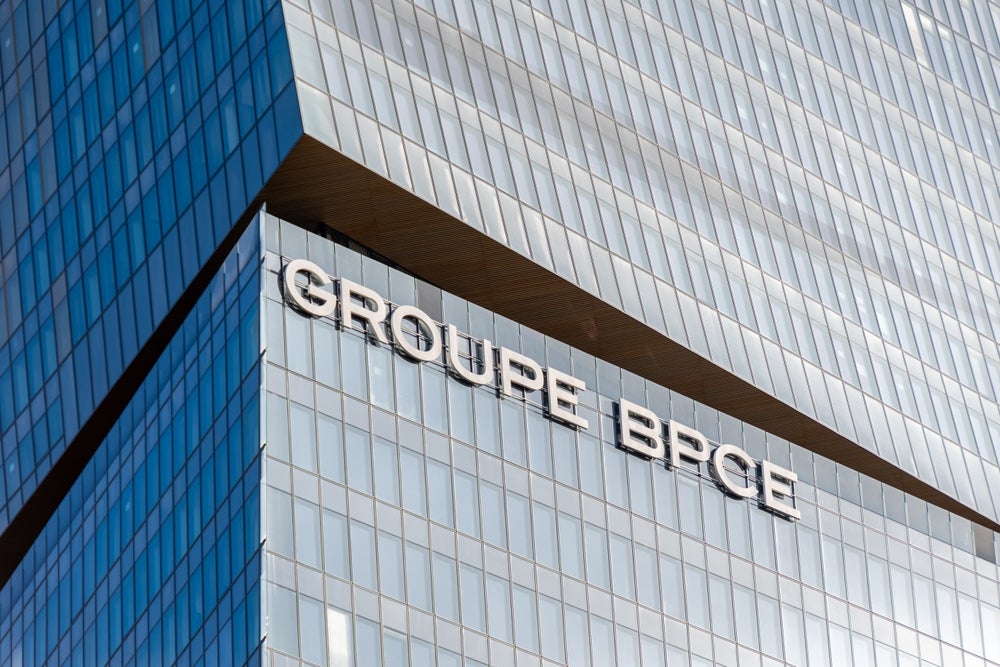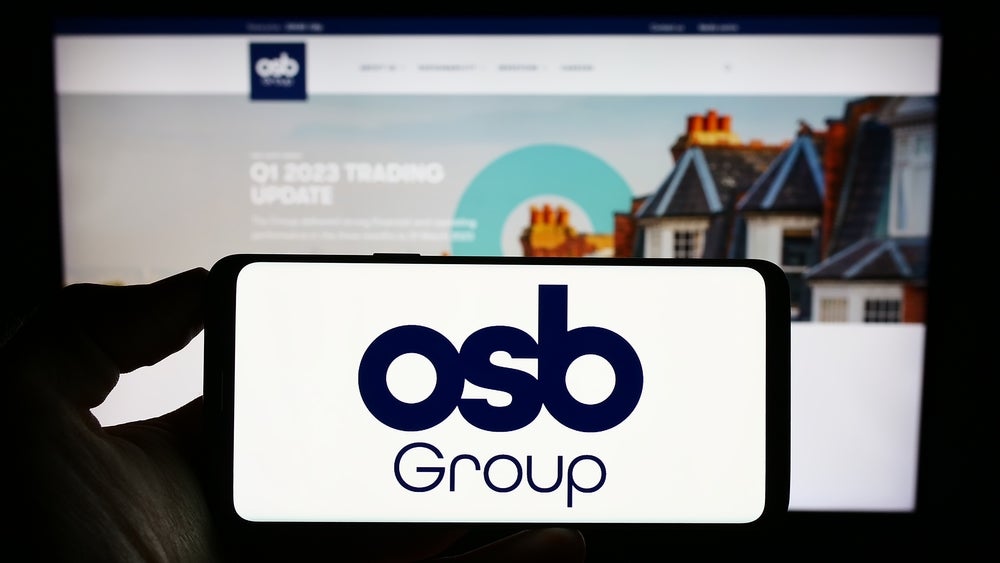Globalisation is driving companies to change the way they do business, to be able to capitalise on broader markets around the world. As such, CFOs and heads of finance departments can face a challenging time controlling costs while ensuring compliance with increasingly stringent regulations. Josh May, European consulting director at LeaseAccelerator, writes.
To benefit from globalisation, CFOs and finance teams need to focus on tracking market trends and identifying global opportunities for growth.
Globalisation brings increased competition, and therefore greater pressure on profit margins and costs.
The role of technology has never been so important: automating processes can offer a strong return on investment, freeing up the time of the finance function to focus their skills and experience on more value-adding activities.
Despite automation being widely adopted in many areas of the modern workplace, leasing remains one of the last areas to be addressed. The road to compliance is more onerous than ever before, and automation is widely regarded as the solution.
Road to Compliance
The new IFRS 16 standard, designed to bring greater clarity and comparability of companies’ financial statements, has increased the focus on lease accounting and added to the compliance burden.
How well do you really know your competitors?
Access the most comprehensive Company Profiles on the market, powered by GlobalData. Save hours of research. Gain competitive edge.

Thank you!
Your download email will arrive shortly
Not ready to buy yet? Download a free sample
We are confident about the unique quality of our Company Profiles. However, we want you to make the most beneficial decision for your business, so we offer a free sample that you can download by submitting the below form
By GlobalDataWhere previously most leases had been reported in the footnotes of financial statements, under IFRS 16 they are brought onto the balance sheet to be recognised as right-of-use assets and lease liabilities. As such, many finance functions have invested a considerable amount of time and resources into becoming compliant.
At the 2019 CFO Agenda conference in London, heads of companies came together to discuss the increasingly global nature of business. Lord Dr. Michael Hastings gave the keynote address, where he claimed that what really sets visionary CFOs apart is their ability to channel capital to purposes that transform and impact societies, while delivering strong commercial growth. It is these professionals who are ultimately responsible for ensuring compliance and will be critically judged by the success or failure of their lease management processes.
Maintaining Compliance
So far, the focus for most businesses has been on achieving compliance by Day 1 – the introduction date of IFRS 16 on 1 January this year. This involved the onerous process of gathering all the necessary lease data and loading it into a system of record so each lease could be reported as a right-of-use asset and liability on the balance sheet.
However, while many companies have now performed their first round of reporting under the new standard, the focus has shifted towards maintaining that compliance into the future, known as Day 2.
For many companies, this is not proving as straightforward as it initially seemed. It is highly time-consuming to establish processes, policies and controls, and ensure that leases are accurately reported in ERP platforms, before ultimately removing them at the end of term. Otherwise, they face a huge task when it comes to their next reporting period. Along with push-button reporting for the new standard, a complete lease accounting software solution can automate most of these steps, thereby removing the risk of manual errors.
Specialist Solutions
Companies with large lease obligations often struggle to maintain these processes without specialised software.
While there may be an element of upfront investment in such tools, the reduction in long-term costs throughout the finance team makes a compelling case for platforms such as these.
In summary, globalisation is driving increased competition, which is in turn driving a need for automation. CFOs and their finance functions that embrace the various opportunities that technology brings can use this to their strategic advantage, meaning they can add value to their organisation as a whole.
by Josh May







